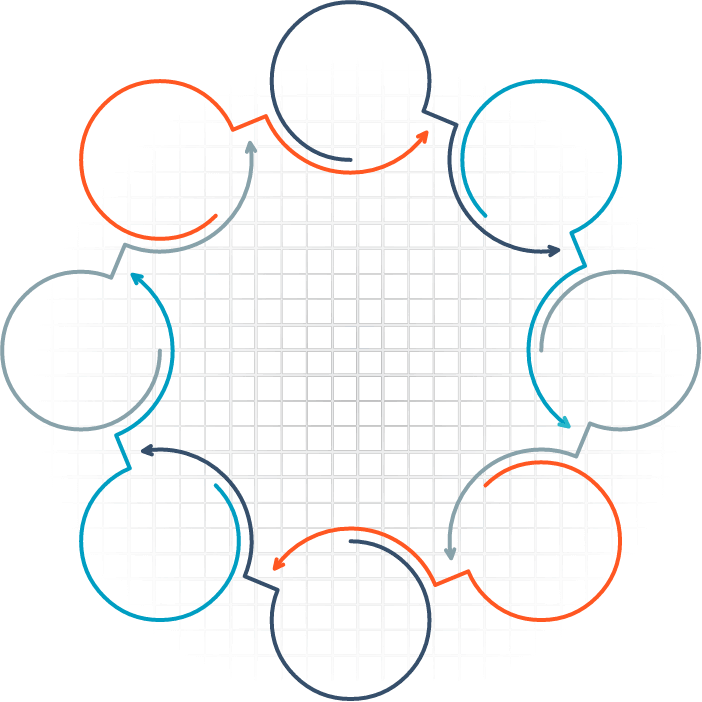SaaS Development
Realize the Cloud-Powered Progress
Experience the power of the cloud with our innovative SaaS Development services. Apptech brings you cloud-based solutions that propel productivity, streamline operations, and drive growth. Join us on this tech-forward journey and turn your visions into triumphs

SaaS Application Development

SaaS Application Migration

SaaS Performance Optimization

SaaS Architecture Design

SaaS Integration

SaaS Consultation
Tools, Methods, & Technologies Used
Programming Languages
Programming languages are the foundational building blocks used to create software, including websites and mobile apps. In the realm of web development, languages like HTML, CSS, and JavaScript are essential. For mobile development, Swift and Kotlin are increasingly becoming the go-to choices.












Databases
Databases act as the backbone of modern software applications, where they serve as the ‘libraries’ where your application’s data—such as user profiles, product inventories, and transaction histories—is securely kept. In web and mobile development, databases like MySQL, MongoDB, and SQLite are commonly used to efficiently handle data storage and retrieval.





Frameworks
Frameworks are pre-built sets of code libraries and tools that provide a structured foundation for software development. They streamline the coding process by offering reusable patterns and components. In web development, frameworks like Django for Python and Angular for JavaScript are widely adopted. For mobile development, React Native and Flutter are popular choices.






Cloud Platforms
Cloud platforms are virtualized servers and services provided over the internet, offering scalable and reliable resources for storing data, hosting applications, and even running entire software suites. They act as the ‘operational centers’ of many modern digital solutions, eliminating the need for businesses to invest in and maintain physical hardware. Popular cloud platforms include Amazon Web Services (AWS), Microsoft Azure, and Google Cloud Platform.



DevOps tools
DevOps tools facilitate seamless collaboration between development and operations teams, streamlining the software lifecycle from coding to deployment. Popular tools like Jenkins, Docker, and Kubernetes enable automation, continuous integration, and efficient scaling, making them indispensable in modern development environments.




Testing tools
Testing tools are specialized software designed to ensure your application runs flawlessly by identifying bugs, performance issues, or security vulnerabilities. Commonly used tools are Selenium for web apps and Appium for mobile provide automated testing capabilities.



01 Needs Assessment Phase
Understand the client's business requirements, pain points, and desired outcomes for the SaaS solution.
02 Planning & Architecture Phase
Create a roadmap that includes technology stack, milestones, and resource allocation.
03 Design & Prototyping Phase
Develop wireframes, mockups, and prototypes to visualize the user interface and experience.
04 Development Phase
Coding begins, implementing features and functionalities based on client requirements.
05 QA & Testing Phase
Rigorous testing for functionality, performance, and security to ensure a robust SaaS solution.
06 Review & Feedback Phase
Share the near-final product with the client for feedback and make necessary adjustments.
07 Deployment & Onboarding
Launch the SaaS solution and assist the client with user onboarding and training.
08 Technical Support Phase
Provide continuous updates, bug fixes, and client support to ensure the SaaS solution remains effective.
01 Needs Assessment Phase
Understand the client's business requirements, pain points, and desired outcomes for the SaaS solution.
02 Planning & Architecture Phase
Create a roadmap that includes technology stack, milestones, and resource allocation.
03 Design & Prototyping Phase
Develop wireframes, mockups, and prototypes to visualize the user interface and experience.
04 Development Phase
Coding begins, implementing features and functionalities based on client requirements.
05 QA & Testing Phase
Rigorous testing for functionality, performance, and security to ensure a robust SaaS solution.
06 Review & Feedback Phase
Share the near-final product with the client for feedback and make necessary adjustments.
07 Deployment & Onboarding
Launch the SaaS solution and assist the client with user onboarding and training.
08 Technical Support Phase
Provide continuous updates, bug fixes, and client support to ensure the SaaS solution remains effective.
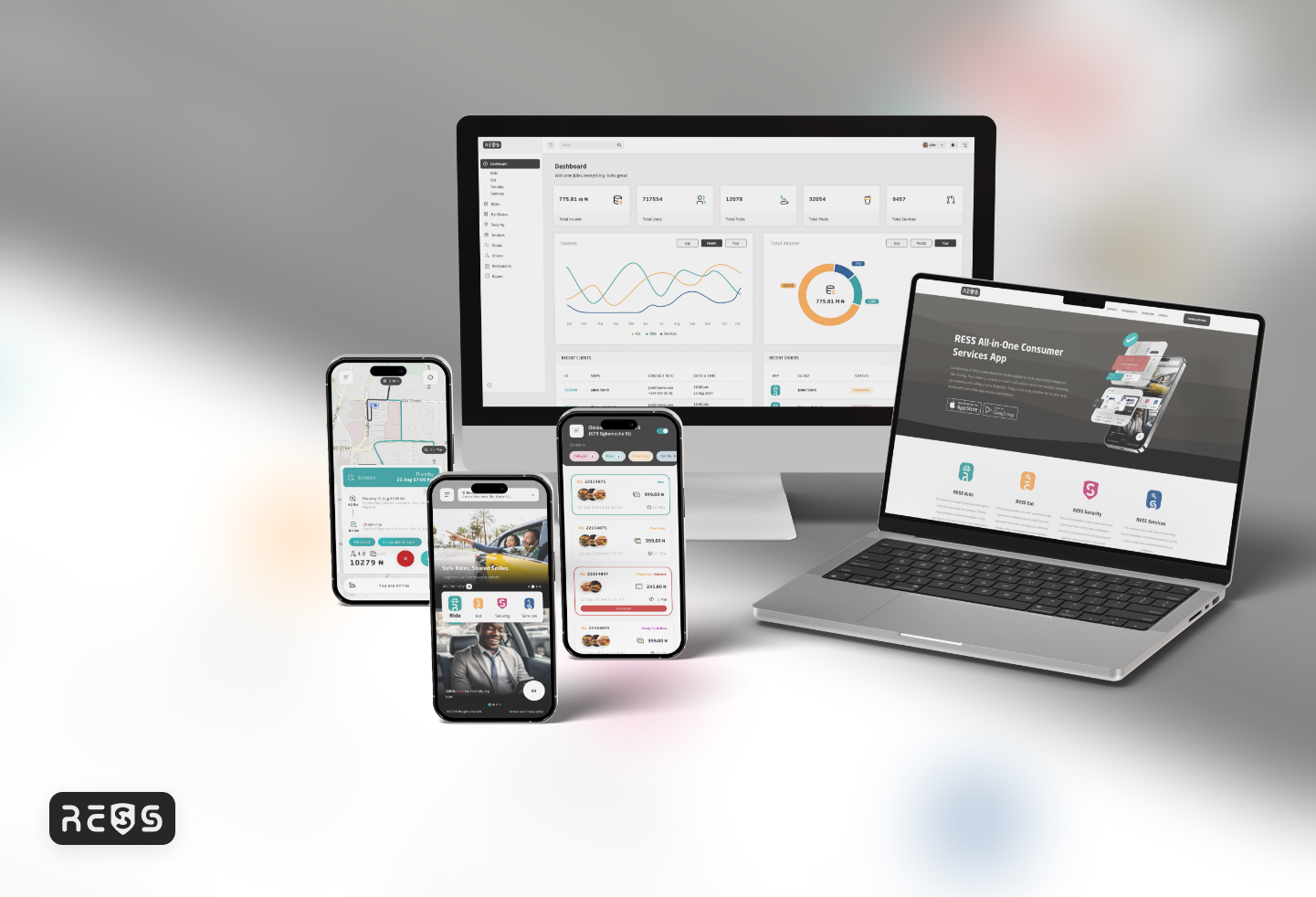
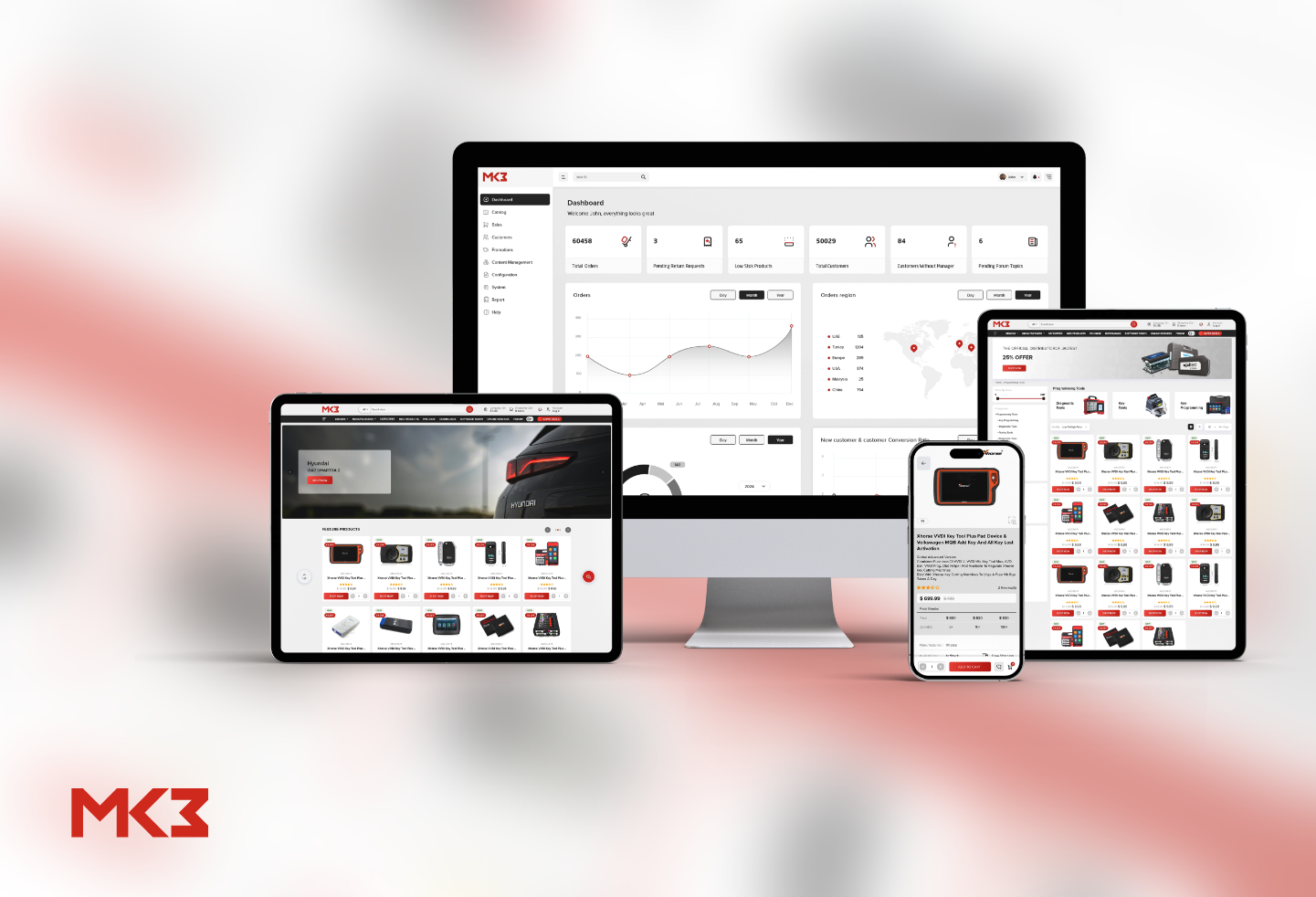
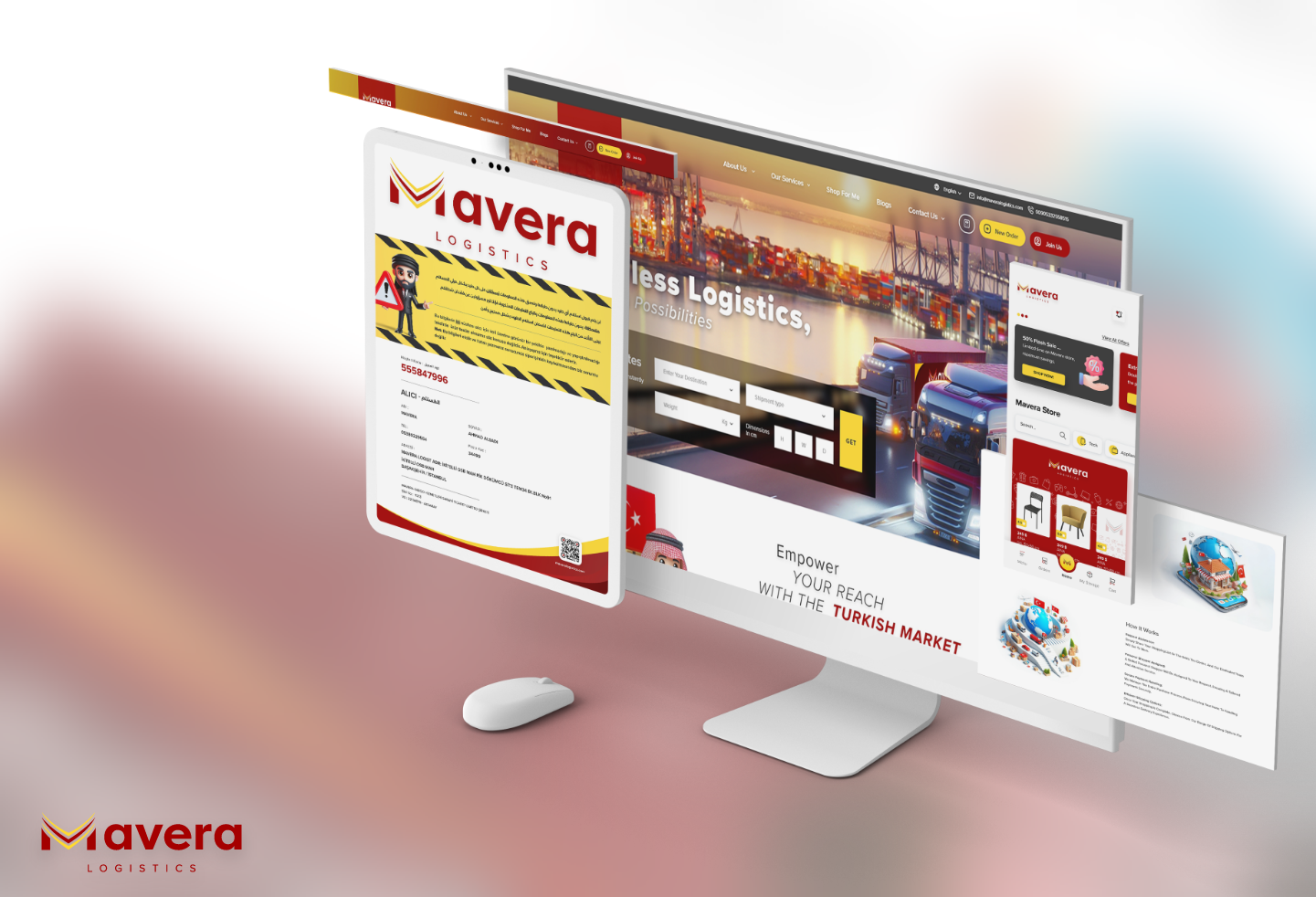
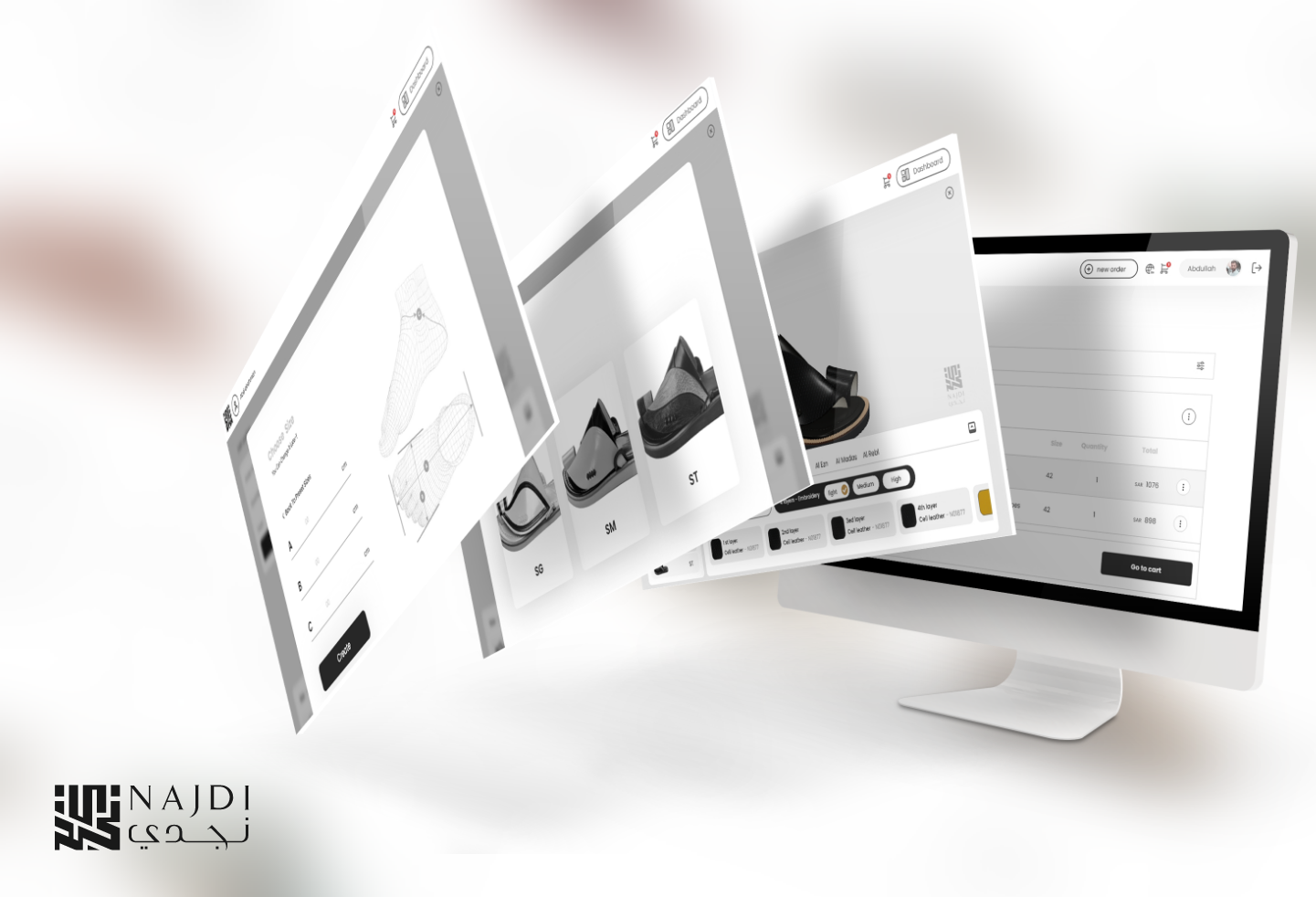


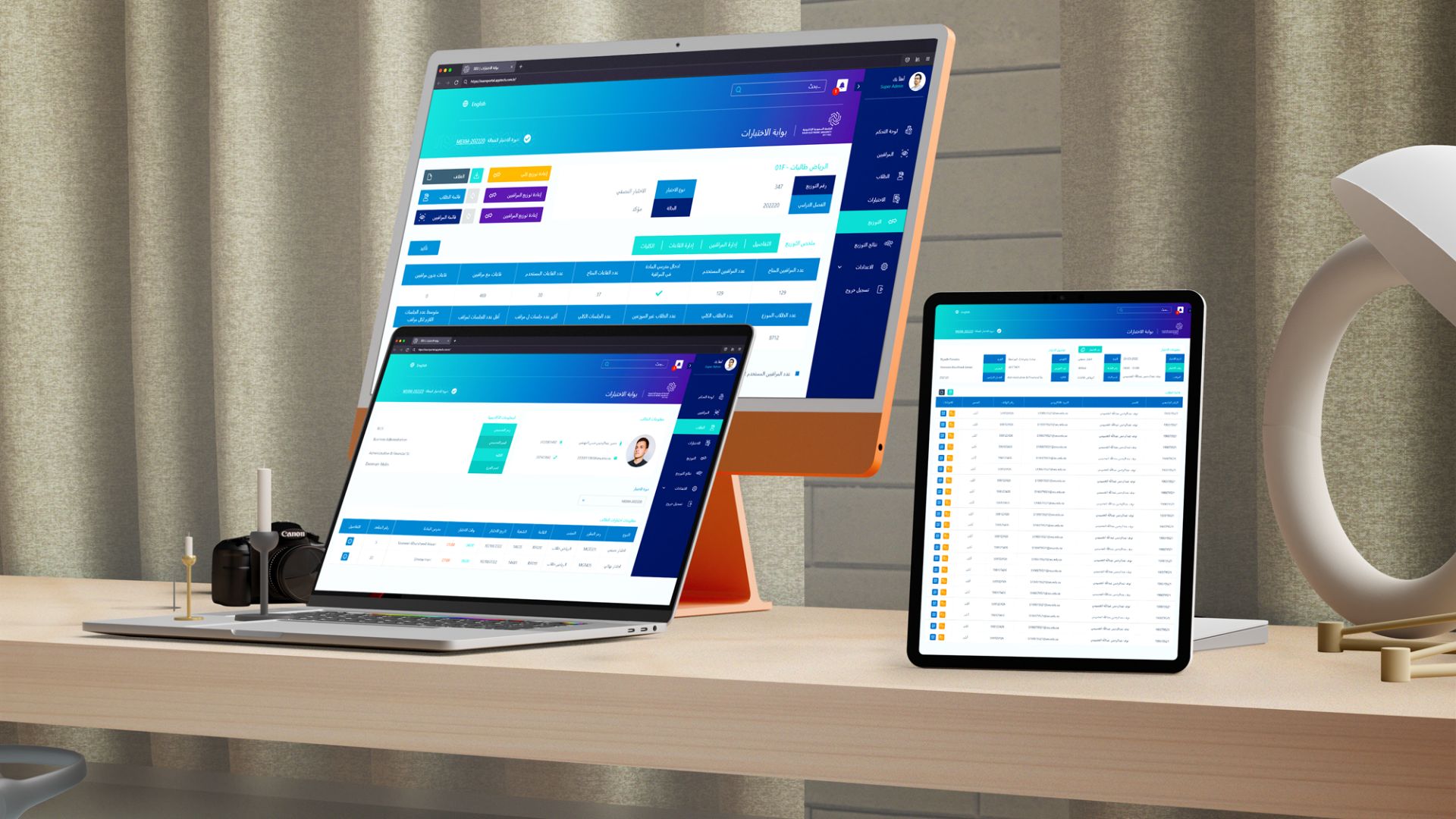
Client Success Summaries




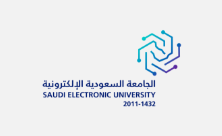
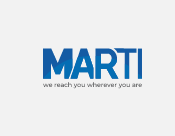


NIGERIA
RESS ALL-IN-ONE SERVICES APP
An All-Inclusive Mobile App That Combines Ride Booking, Food Ordering, Service Provision On Road Assistant, Security Services, And Other Consumer Services, Convening Convenience And Safety At Fingertips.
Technologies

Platforms

United Arab Emirates
MK3 Platform – Automotive Market
Emirates Keys Transformed Their Long-Standing Expertise Into A Mobile And Web E-Commerce Platform For The Automotive Market, Offering Car Keys, Diagnostic Devices, And More – With Full Order Management And After-Sales Support
Technologies

Platforms

TÜRKIYE
MAVERA LOGISTICS
Mavera Logistic Application Transformed Their Operations With A Revolutionary Web And Mobile Platform, Enabling Smooth Coordination Of Purchase From Turkish Markets, Box Compilation, Shipment Tracking, And Logistics From Pickup To Delivery.
Technologies


Platforms

Saudi Arabia
NAJDI – 3D PLATFORM
Stepping Into The Future With An Innovative E-Commerce Platform That Revolutionizes Shoe Shopping, Allowing Users To Design Personalized Shoes Using An Interactive 3D Simulation Tool.
Technologies

Platforms

Saudi Arabia
SEU Admission Portal
SEU transformed its admissions process across all campuses from days to minutes through an AI-enhanced portal that expanded its capacity to handle more applications while ensuring optimal selection of prospective students.
Technologies

Platforms

Saudi Arabia
Marti Rental Car Platform
Marti Cars revolutionized their car rental operations with a comprehensive mobile and web platform, effortlessly handling driver availability, reservations, and vehicle logistics from pickup to delivery.
Technologies
Platforms

Saudi Arabia
SEU Exam Portal
SEU gained an efficient and transparent exam management system that autonomously handles seating layouts, invigilator and student selection, as well as class and campus assignments.
Technologies
Platforms
Request For Services
Discover how we can empower your organization’s journey ahead. Share your areas of interest and let’s embark on this transformative partnership together.
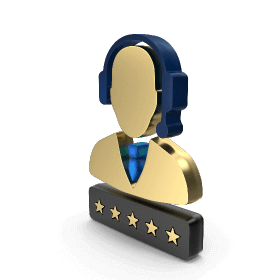




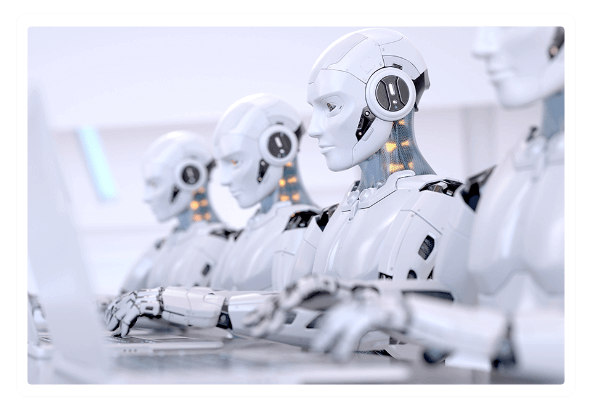

; ?>/theme/images/logo.svg)
